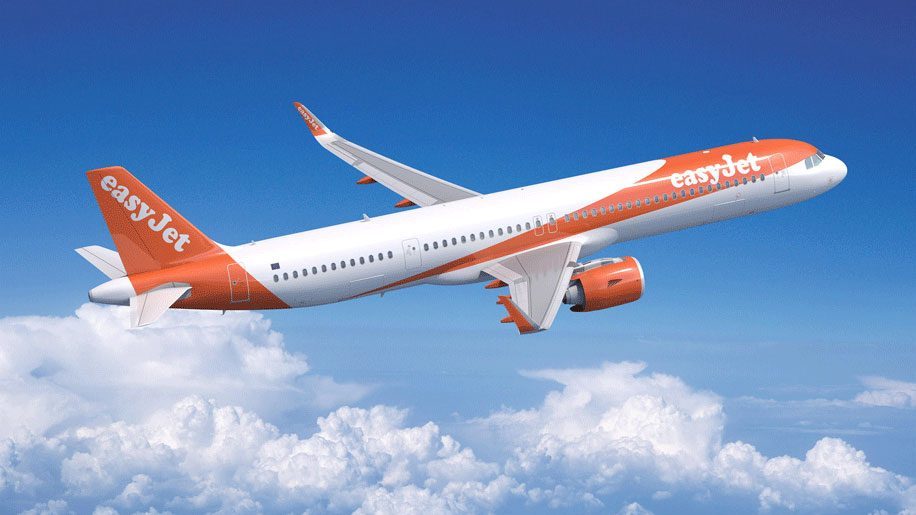
Easyjet has joined Race to Zero, a UN-backed campaign to achieve net-zero carbon emissions by 2050.
The low-cost carrier has committed to setting an interim science-based target for 2035, which it will submit to the Science Based Targets initiative (SBTi) for validation. It adds that it will present its net-zero roadmap “in the coming months”.
The airline used the opportunity to highlight its past achievements, including becoming the first major airline to offset the carbon emissions from the fuel used for all its flights in 2019.
It noted, however, that “offsetting can only be an interim solution” and will work with partners Airbus and Wright Electric to accelerate the development of zero-emission technologies.
The airline added that it feels optimistic that it could begin commercial operations on planes powered by hydrogen-combustion, hydrogen-electric, or a hybrid aircraft “by the mid to late-2030s”.
Johan Lundgren, CEO of Easyjet, said:
“Joining Race to Zero is a major milestone in easyJet’s net-zero journey and I’m very proud to be able to make this announcement today.
“Climate change is an issue which we all have to tackle – including us at Easyjet. We have a responsibility to minimise the impact of our flights and we are working very hard to make this happen; from efficient flying and fleet renewal to being the only major European carrier that is offsetting the carbon emissions from the fuel used for all its flights on behalf of all its customers.
“Our ambition is to ultimately achieve net-zero emissions flying in the UK and across Europe and we are proactively working alongside industry leaders, such as Airbus and Wright Electric, to help support and champion zero-emission technologies for passenger planes of the future.”
Aviation Minister, Robert Courts, added:
“It’s great to see easyJet joining Race to Zero on COP26’s Transport Day. COP26 represents an opportunity to build momentum in reducing aviation emissions, particularly ahead of the next ICAO Assembly in 2022.
“Easyjet are stepping up to the challenge – putting in place a net-zero roadmap which will help secure a sustainable future for the sector and create green jobs in the process.”
The airline also stated that it operates Airbus Neo aircraft, which are 15 per cent more fuel-efficient than the planes they replace, has eliminated more than 27 million single-use plastic items and introduced new crew uniforms made from recycled plastic bottles.
Easyjet introduces uniforms made from recycled plastic bottles
These measures have enabled the airline to reduce its carbon emissions per passenger kilometre efficiency by more than a third since the year 2000, according to Easyjet.












